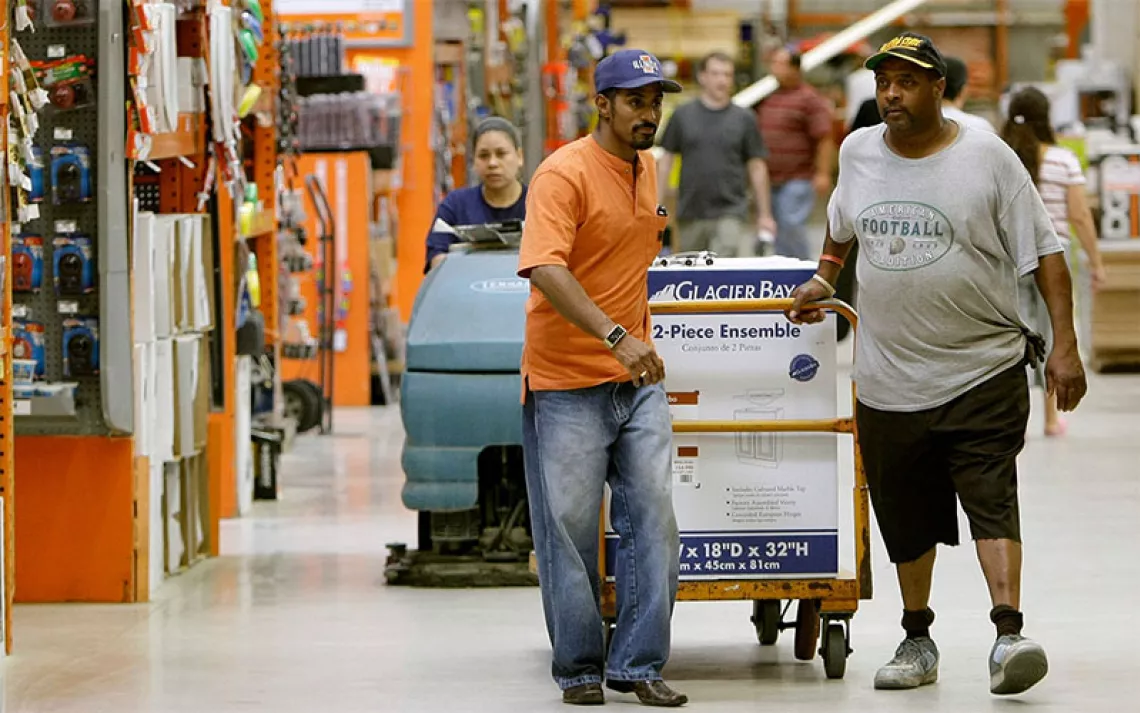Food Companies Doing Their Part to Take a Bite out of Climate Change
A roundup of brands working to make their manufacturing process as climate-friendly as possible
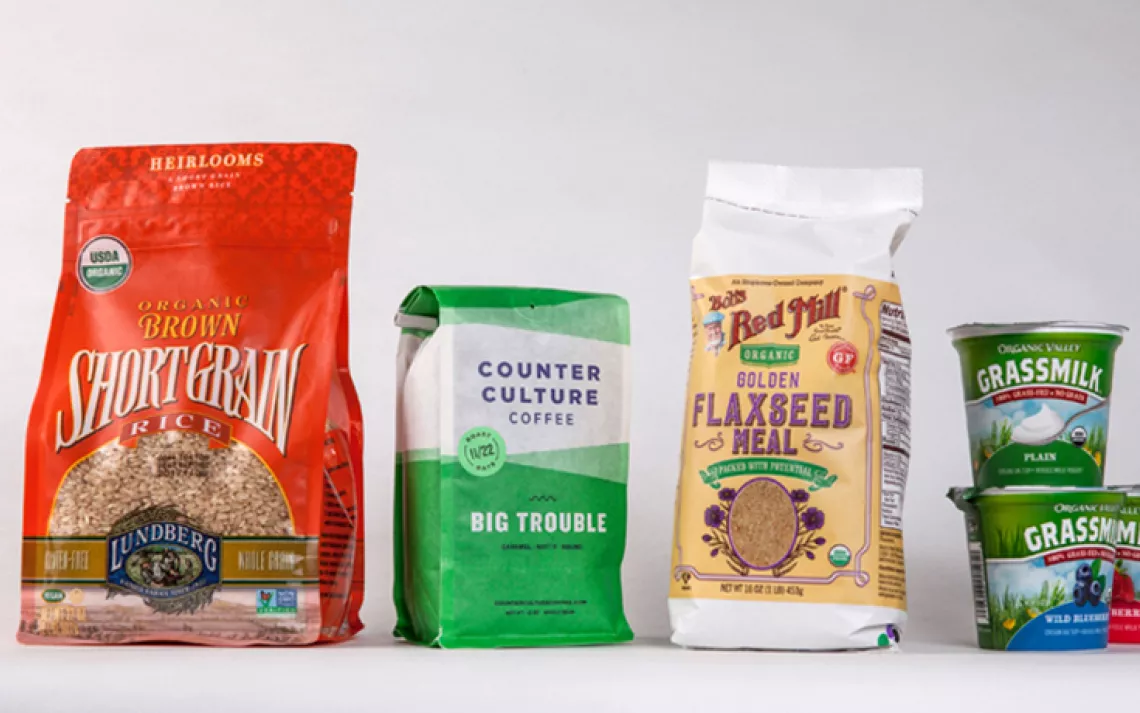
Photo by Lori Eanes
Here's a hard-to-swallow truth: Much of what we eat comes with a heaping side of climate change. One-third of global greenhouse gas emissions come from the food system—getting calories from field to market to plate. Fortunately, some conscientious purveyors are working to reduce their carbon footprints. The result? Staple food items that take some of the bite out of global warming.
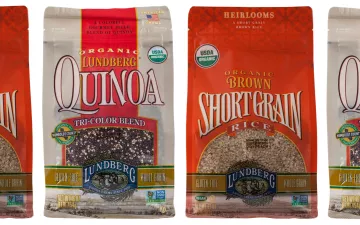
Rice is the most consumed food on Earth, but its production creates methane, a potent greenhouse gas. Enter LUNDBERG FAMILY FARMS. A leader in organic farming and renewable energy since its 1937 inception, Lundberg annually audits its land use, distribution, sourcing, energy and water usage, and packaging as well as emissions, which the company mitigates by incorporating straw and cover crops. lundberg.com
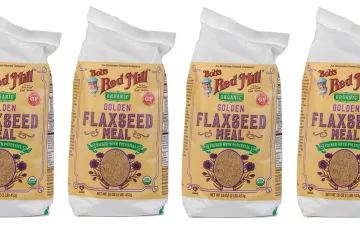
Extreme and unpredictable weather patterns threaten global wheat production. The bright side? Ancient and heirloom grains are sturdier than modern wheat and less dependent on chemical inputs that emit greenhouse gases. Case in point: Organic flaxseed meal from BOB'S RED MILL is stone-ground from a nutritious grain whose milling relies on slow, low-temperature processes. bobsredmill.com
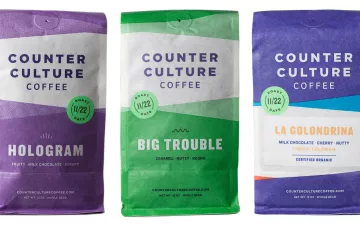
Even slight changes in temperature and precipitation can have a dramatic effect on coffee trees' viability. That's why Durham, North Carolina-based COUNTER CULTURE partnered with Duke University grad students to perform climate change impact and adaptation studies with its Central American co-op suppliers. Counter Culture also publishes an annual sustainability report that tracks its emissions from roasting, air travel, and electricity, and it relies on wind-energy credits to help account for the latter. counterculturecoffee.com
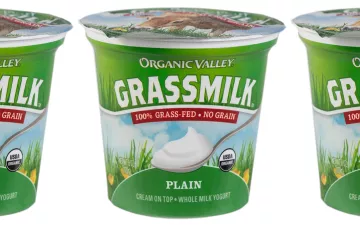
Cows are one of the greatest contributors to greenhouse gases, yet global demand for dairy products is on the rise. Good thing America's largest organic cooperative, ORGANIC VALLEY, is doing its part to reduce its 1,800 member farms' emissions. Organic Valley produces, bottles, and distributes all milk, yogurt, butter, and other dairy products within the region where they're farmed. organicvalley.coop
This article appeared in the March/April 2017 edition with the headline "Catering to the Climate."
Gentle Giants
When it comes to climate-conscious food, independent organic brands are generally a safer bet. However, big multinational companies that source agricultural products globally are on the front lines of climate change. Due to their sheer magnitude, the following conglomerates—although hardly boasting squeaky-green track records—can effect significant change with their commitments to curbing emissions and deforestation.
- In response to criticism about its lack of climate change awareness, General Mills vowed in 2015 to slash greenhouse gas emissions across its supply chain by 28 percent over the following decade.
- Fellow cereal giant Kellogg's has a plan for cutting supply-chain emissions by 65 percent by 2050. The company also pledged to progress toward zero net deforestation. In 2015, Mars Incorporated committed to eliminating its greenhouse gas emissions by 2040. Its U.S. operations' electricity is increasingly wind-powered.
- Production of palm oil, particularly present in sweets, is a leading driver of deforestation. So Nestle—owner of 150-plus candy brands—in 2010 partnered with The Forest Trust to source the oil more responsibly. A 2016 Greenpeace report praised Nestle as being one of the few conglomerates on track to meet its deforestation-curbing goals.
- Unilever has been lauded by many sustainability experts for its commitment to achieving zero net deforestation by 2020. The owner of brands such as Ben & Jerry's and Hellmann's has also pledged to slash its greenhouse gas emissions by 2030.
 The Magazine of The Sierra Club
The Magazine of The Sierra Club



